A hobby is something that any individual is passionate about; the person can be fond of music, playing a sport, travelling to new places, cooking, eating etc. You can have a variety of likes, one of which can be collecting things. Some individuals collect cars, stamps, dolls, phones, watches etc.
And, of course, there are those who have a passion for collecting coins. Are you one of them? In case you have this affinity for coins and want to start collecting them, read on for a few tips on how you can start your coin collection.
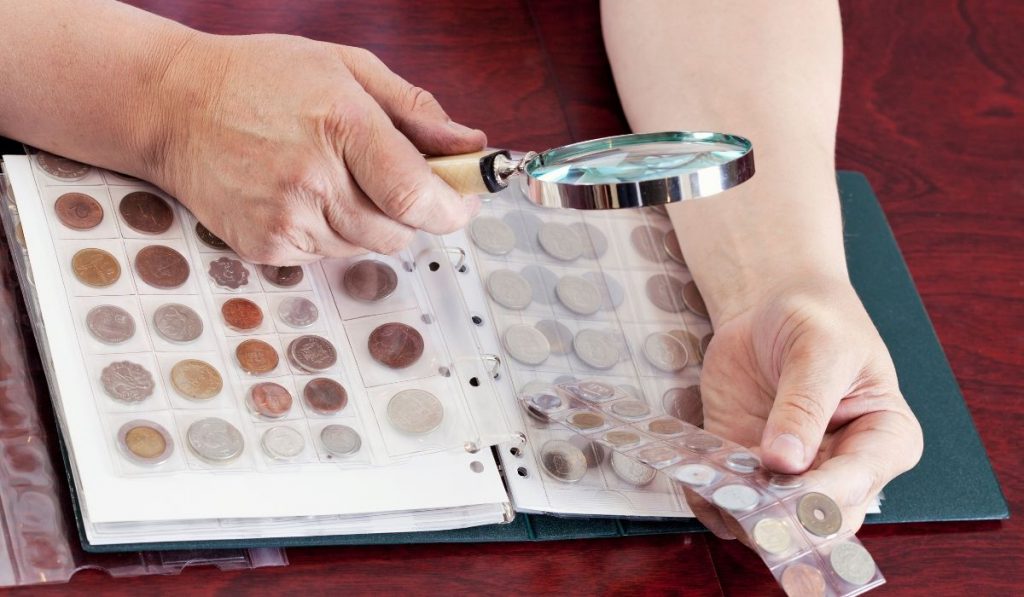
Hobby
Coin collection generally starts as a hobby for quite a few, which turns into a passion over a while. You could start by collecting all kinds of coins, and over some time you’ll discover which coins you like most and what kind of coins would you want to collect.
You may like to collect coins based on the metal they are made of, their shape, colour, size, period etc. There are almost as many types of coin collections as their are coins. A little patience will help you find your niche in this unique hobby.
Learn the Coin Language
Like any other hobby, coin collecting also has its language. You have to get yourself acquainted with the terms which are used when speaking about coins. The study of coins is called “Numismatics” and a person who collects or studies them is called a “Numismatist”. Learning the language and terms specific to coin collecting can help you understand your passion better.
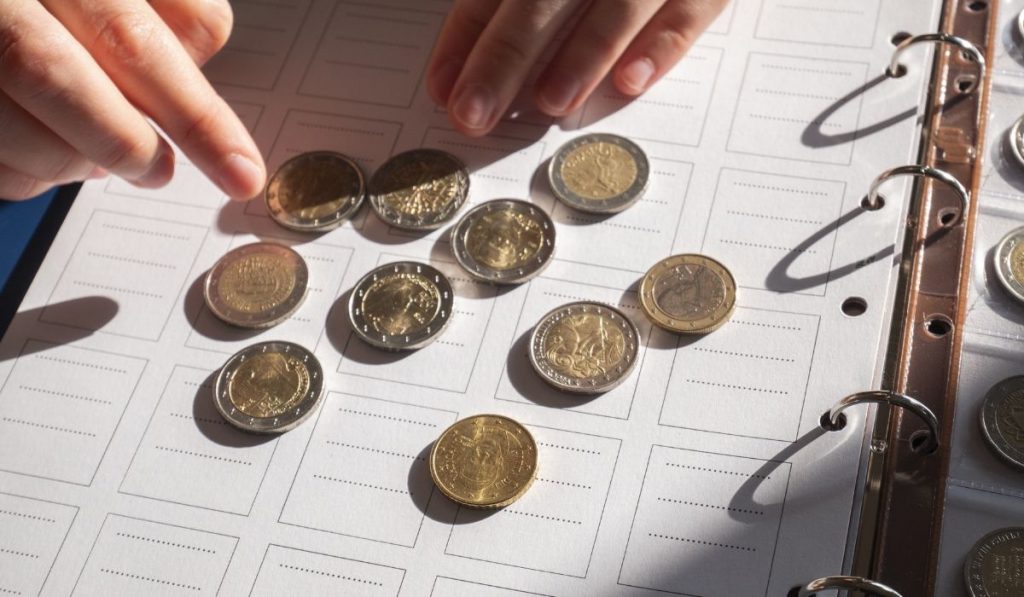
An Investment Option
A coin collection can also be a long term investment option for an individual. Coin collecting as an investment works simply by holding on to coins of gold, silver, copper and platinum, and, as the value of these coins increases the value of your investment multiplies. These coins have a higher intrinsic value and look very appealing to collect too. One downside to this kind of collection is that you may have to spend a lot of money to amass a sizeable collection.
Channel your Interest
Once you take up coin collecting as a hobby, you’ll learn about the various kinds of coins that a collector can have. There are various kinds of coins that one can collect; coins based on their intrinsic value, coins belonging to a particular period, circulation coins, uncirculated coins, coins of different shapes and sizes etc.
You can choose what kind of coins you would want to collect. You could start collecting all coins initially and after a while channel your collection according to which coins excite you the most.
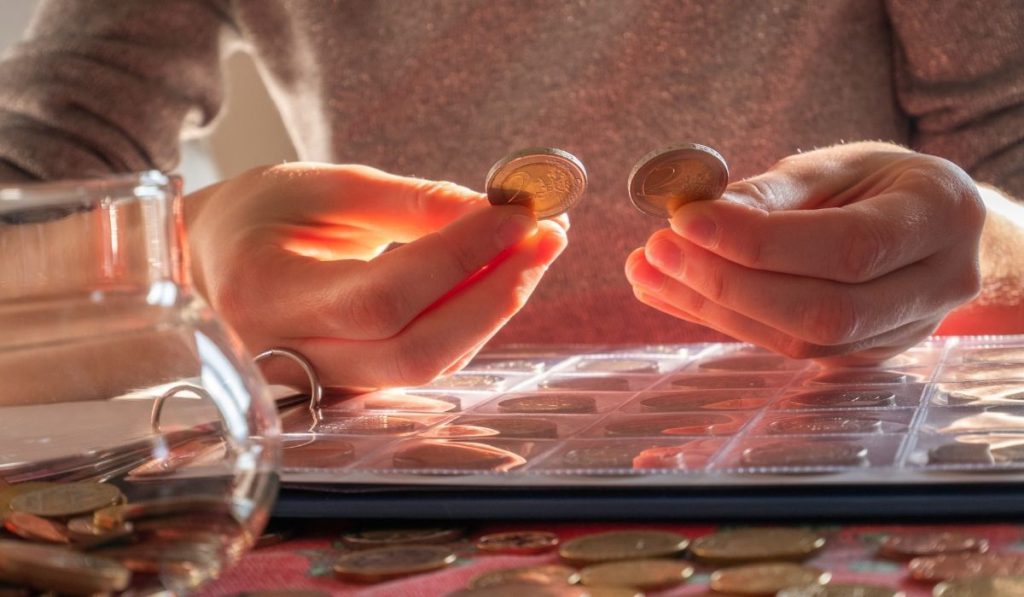
Patience is a Virtue
“A mountain cannot be climbed in a day”; as a beginner, you have to be patient with this hobby. You should educate yourself on Numismatics and do thorough research on what is required to start a collection. Contact senior coin collectors and speak to them to know more about how you might go about starting your collection.
Start by collecting the small coins, maybe the ones which are not very expensive. Beginner coin sets are readily available in the market.
Structure of a Coin
Before you get your first coin, learn about the body of a coin. A coin, like any other collectible, has various parts which any coin collector should know about. The coin usually has two sides: obverse (heads) and reverse (tails). The other parts of a coin are the date, denomination, motto, mintmark, and the field. This is basic knowledge that will help you take your collection from a basic collection to a specialized collection as you progress.
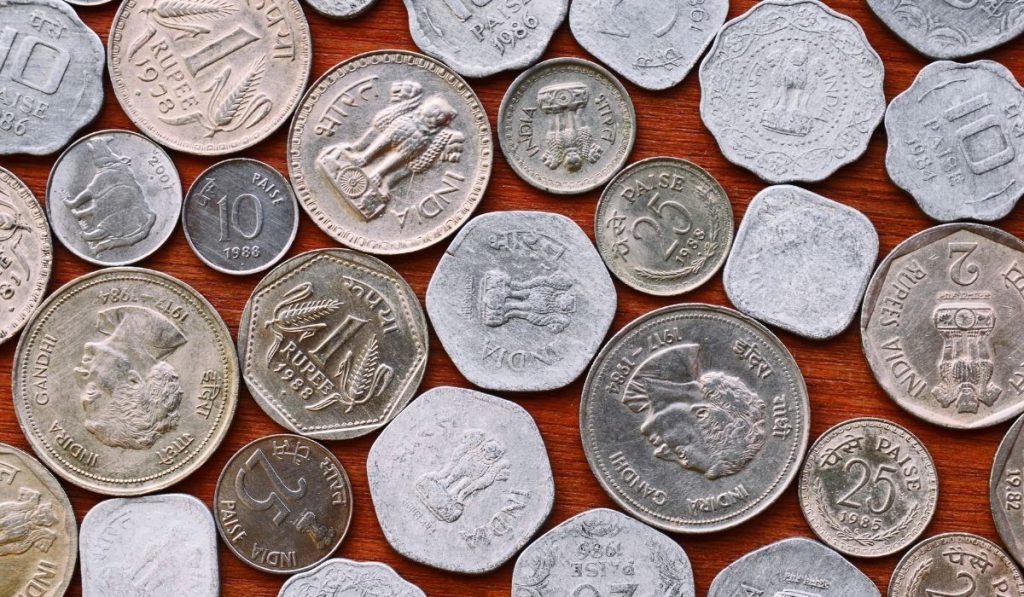
Evaluation Process of a Coin
Once you have learned about the history, intrinsic value, and parts of a coin, grading of the coin is next on the agenda. You have to learn how to evaluate or grade a coin. Grading depends on how well the coin has been preserved over the years. Initially, this system was the same as the school grading system, but over the years it has changed and has become more honed and specific. The 70-point Sheldon Scale is used to grade coins.
Upkeep of your Coins
Preserving your coins is the most important aspect which has a direct effect on the intrinsic value of the coin. It has been mentioned earlier that grading of the coin depends on how well the coins have been preserved over the years.
You have to be very careful when it comes to handling coins; they should never be touched with bare hands and you should always wear cotton gloves to handle your coins. Avoid using rubber or latex gloves to handle your coins as their emollients can damage the surface of the coin.
A coin should always be picked up by its edges and never by its obverse and reverse sides. The surfaces of the coins are very delicate. One coin should be cleaned at one time; you cannot clean a bunch of coins together.
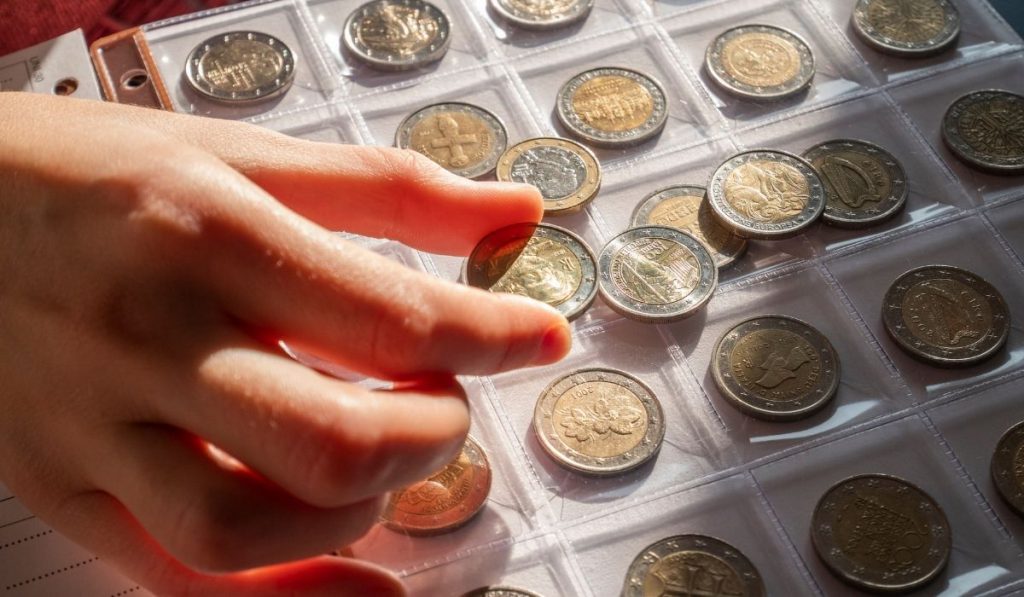
Storing your Coins
Your coin collection requires being stored properly, unlike your piggy bank savings. There are various coin holders in which you can store and safely display your coin collection. You can organize your coin holder according to your convenience.
For beginners, you can store the coins in acid-free paper envelopes, folders and albums. Once you have a decent collection in place you can upgrade the storage to moisture-free envelopes or PVC cases which are specially made to store and display your coins.
Protecting your Coins
You have already learned how to protect and clean your coins to the best of your control, but in the event that your coins are damaged due to extenuating circumstances (like a fire), you would have no back up to make up for your losses. You should always take an insurance cover for your coins and paper currency covering their intrinsic value against fire, theft and water.
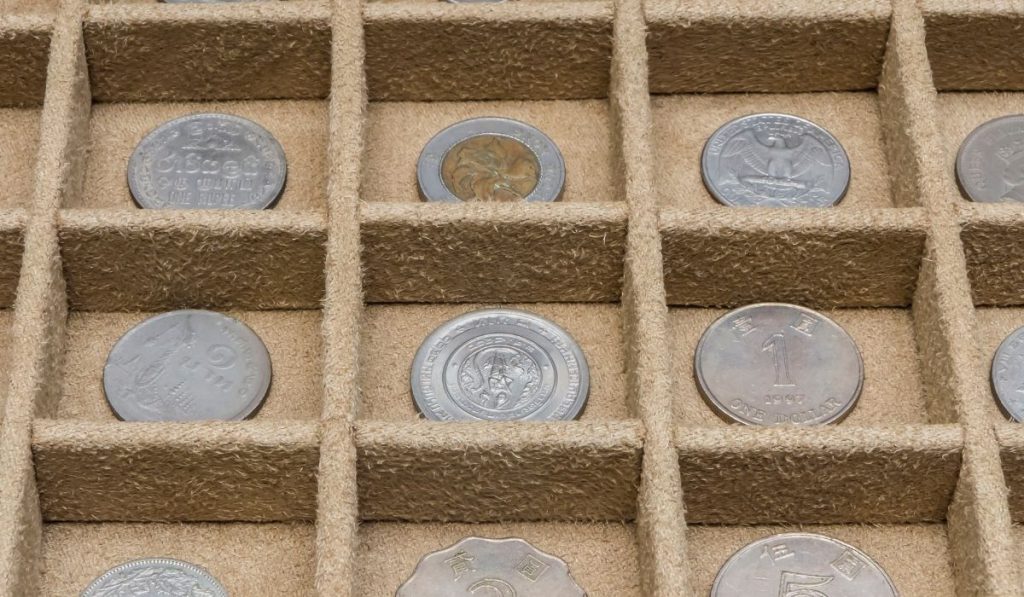
Additional Tools
There are various kinds of tools which are available in the market to help you study the intrinsic value of your coins and keep them protected. There are available magnifying glasses to help you study your collection. Additionally, there are coin holders, index books, cotton gloves which a collector should always have. The index books are used for keeping physical records of your coin collection. The coin holders help you in efficiently storing your coins.
Grow your Collection
Once you have started your coin collection, you should be looking for a trustworthy and senior coin dealer whose help you can seek in case of any grading issues. They can also help you in your purchases as a new collector. The local coin shows which happen from time to time are a must-attend just to gain knowledge about coins. There are books too which help you increase your knowledge about coins. There is a coins club; becoming a member of such a club helps you meet like-minded people.
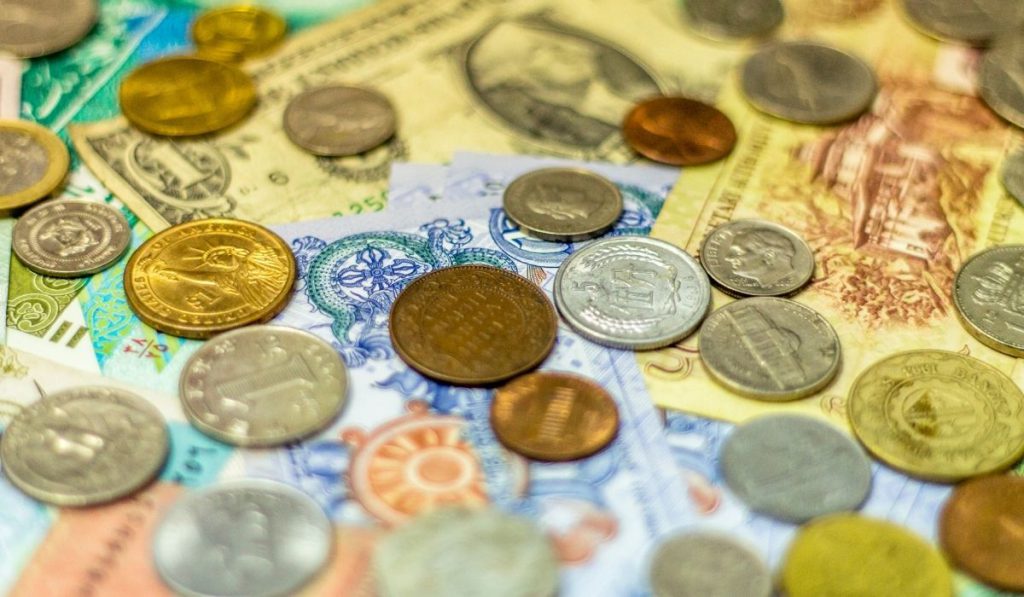
Set up Goals
When you start a hobby, it does not take time for this hobby to become a passion. To be successful in any kind of endeavour you have to begin by setting small goals which can be achieved and then progress towards the bigger goals. The history behind each coin is unique; once you decide on the kind of coin collection, you are subject to a whole new world of knowledge which helps you know more about world history.
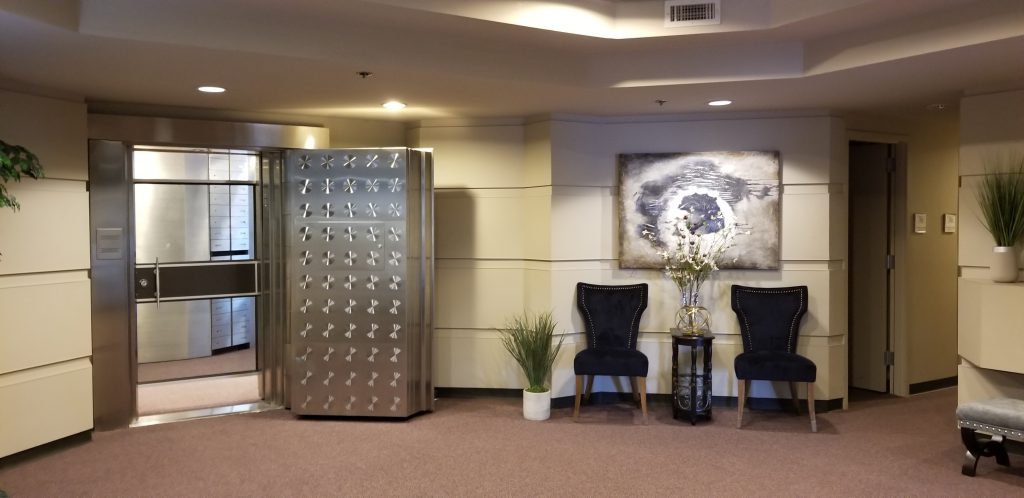
If you are looking for a secure place to store your hard drives or other valuables, Safe Deposit Center can help. At Safe Deposit Center, we offer a variety of safe deposit box sizes as well as open vault storage to accommodate your secure storage needs. For more information about our secure, private storage facility please visit https://safedepositcenterwa.com/.

